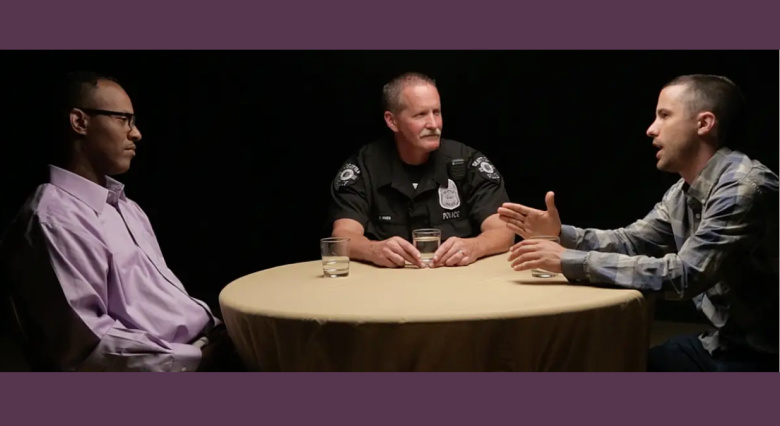This Microsite does not have a landing page.
Justice-Involved Individuals:
These resources focus on the overlap of substance use disorders and the criminal justice system, and include reentry assistance programs, criminal justice diversion programs, and resources related to recovery courts and other alternative justice programs. Communities may use these resources to guide law enforcement and criminal justice decision-making, as well as assist justice-involved individuals in reentering their communities successfully.
Fair Chance Hiring in North Carolina - Fair Chance Hiring policies delay questions regarding a criminal record history until the employment interview process. This site has more information on how to get involved, as well as jurisdictions and companies that participate.
Formerly Incarcerated Transition (FIT) Program - This program connects formerly incarcerated individuals who have a chronic disease, mental illness, and/or substance use disorder with appropriate healthcare services and resources.
HOPE Initiative - This Nash County initiative, the first “angel” program in NC, allows individuals with substance use disorders to come to the local police department, turn in their drugs and/or paraphernalia without fear of charges, and start the recovery process.
Law Enforcement Assisted Diversion (LEAD) - North Carolina LEAD - This national harm reduction model is a community-based diversion program for those with substance use disorder or other behavioral health needs to help them avoid unnecessary justice system involvement. Participants are referred to intensive case management instead of being arrested and charged with a crime.
National Family Drug Court Training and Technical Assistance Program - This national program offers hands-on and web-based technical assistance, training, and program evaluation for family drug courts. Their site includes useful resources, such as guides and webinars, about these courts and promising practices.
North Carolina Department of Justice Opioid Resources - This webpage provides a searchable list of local and statewide projects and initiatives working to combat aspects of the opioid crisis in NC, including criminal justice initiatives, media campaigns, and organizations working in the substance use disorder sector.
North Carolina Recovery Courts - These courts (specific links below) are specialty courts designed to help in cases involving chemically dependent offenders to assist them with court ordered treatment plans.
- Family Drug Treatment Courts
- Adult Drug Treatment Courts
- Youth Drug Treatment Courts
- Veterans Treatment Courts
- Mental Health Courts
- DWI Treatment Courts
PAARI: Police Assisted Addiction and Recovery Initiative - This organization works with police departments to implement addiction and recovery initiatives by providing support and resources to help law enforcement create non-arrest pathways to treatment and recovery.
Re-Entry Services:
- National Reentry Resource Center PDF - This guide provides links to resources, including training, peer-to-peer information exchange, a research clearinghouse, a reentry program database, a library, and more.
- Mecklenburg County Re-Entry Services - This organization offers Re-Entry Simulations statewide, as well as reentry services to individuals living in Mecklenburg County.
Relief from a Criminal Conviction - UNC School of Government guide explains the principal mechanisms in NC to obtain relief from a criminal conviction, including expunctions, certificates of relief, and other procedures.
Safe Stations - This program designates fire stations as “angel” programs, in which individuals using substances can surrender them and related paraphernalia and receive medical treatment and recovery referrals without charges being filed.
Stepping Up Initiative - This initiative provides resources to counties to reduce the number of individuals with severe mental illness in their jails. These include a Template to create a proclamation or resolution in your county, as well as a Resources Toolkit to develop and implement a plan in your county.
UpSkill WNC: Peer Support for Re-Entering the Workforce - This organization provides comprehensive community-based peer support for justice-involved residents reentering the workforce, as well as job skills trainings and job networking for low-income individuals.



